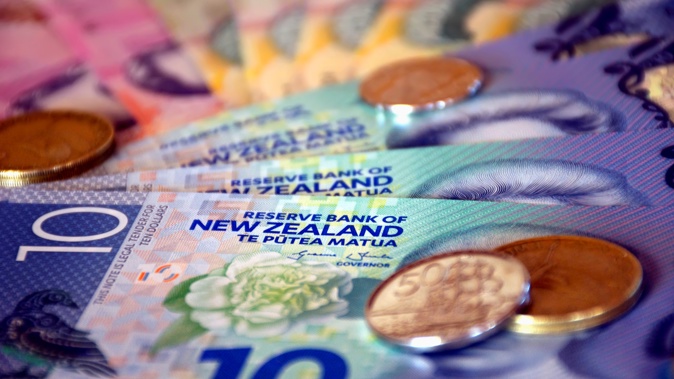
The Government’s launched a $12.1 billion plan to cushion the impact of COVID-19.
It’s bigger than the one prompted by the Global Financial Crisis, and worth four percent of GDP.
It includes 45.1 billion in wage subsidies, $500 million for health, and $126 million to support workers in self-isolation.
Finance Minister Grant Robertson says this is not a one-off package, it’s just the beginning.
- He says the Government's taking tough, decisive action to give New Zealand a fighting chance of mitigating the worst.
- Extra spending of $12.1 billion for businesses, beneficiaries, pensioners and the health system.
- $8.7 billion in support for businesses and jobs.
- $2.8 billion for incomes support.
- $500 million for health.
- Wage subsidy for employers up to 12 weeks and up to $150,000 if they have suffered a 30 per cent decline in revenue compared to last year, $585 a week for full-timers, $350 a week for part-timers, available to all employers and self-employed.
- Leave and self-isolation support for eight weeks people with Covid-19, caring for people with it or people in self-isolation up to eight weeks at same rates as wage subsidy but not for those who can work from home.
- Self-isolation payments not available to people who leave NZ after March 16 and return.
- Permanent increase of $25 a week in main social welfare benefits after increases from indexation on April 1, likely to affect 350,000 low income families.
- One-off doubling of winter energy payment to $1400 for couples and $900 for singles, likely to affect 850,000 people.
- Families with children not receiving a main benefit but are in work will no longer have to satisfy the work test of 20 hours a week for sole parents or 30 hours for couples, likely to benefit about 19,000 low-income families.
- $50 million extra for GP and primary care and $20 million for videoconferencing consultations.
- $32 million for extra intensive care capacity and equipment in hospitals.
- $40 million for public health units mainly for contact tracing.
- $100 million set aside to support work deployment.
- Provisional tax threshold will lift from April 1 from $2500 to $5000 allowing an estimated 95,000 business to defer tax payments and possible waiving of interest on late payments.
- Reinstatement of depreciation deductions for commercial and industrial buildings at an estimated cost of $2.1 billion to 2024.
Take your Radio, Podcasts and Music with you









